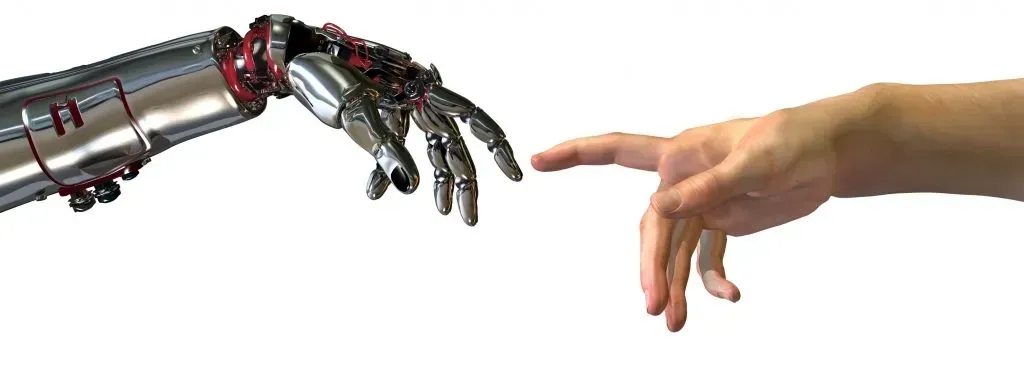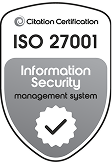Some years ago, when the Earth was new, I did some work with a global data provider that wanted to look at how their clients used their tools and shared knowledge across departments. We mapped how information flowed through organizations like media companies, manufacturers and retailers. It was a pretty big study by ethnographic standards. We were confronted by two big forces at the time that are still with us today.
- We saw analysts struggling with too much noise, too much data, too little signal. Big Data was a new trend, and the curation of it was less interesting to people. Being SELECTIVE and saying NO to certain data sets was something clients really struggled with. Everyone commended it as a ‘change the world’ phenomenon. And in some ways, it has, but it has certainly not been easy.
- There was a critical shortage of skilled people to help figure out what to do with all this data in creative ways. These rare people had to have a creative problem-solving side and data science / math side, both blended in the same mind. We have more programs minting data science talent now, but clients still struggle with these issues and the curation of Big Data.
Big Data alone will not save us
We need to curate, get smarter about what data we do use, and creatively and continually make sense of it using systems, analytics and platforms. That at least seems to be generally where we are now, although companies certainly have various levels of data maturity. Technologies have truly started to deliver for the early adopters. We have seen this, as we have built one of these platforms.
New ways to play the same games
The issue around data science talent is also getting much attention, continuing to grow in importance as we transition to a digital world. Universities are producing more data scientists, but I would argue they are still in need of the creative spark to interrogate data creatively - to pull out unique insights that can drive new business models, new ways to grow and new ways to play the same games. Too many are reductivist, like miners looking for the gold signal in the noise. In the right hands it can be like oil paint to an artist.
Privacy in exchange for convenience
There is also a looming third issue, and it has been emerging for a while. Indeed, it has become an urgent matter: we must decide the ethics, implicit bias, and coordination of privacy, data ownership and how we collectively determine our digital future. Without doing this, we are defaulting to the whims of industries that seek to profit from our abnegation. We have largely left these choices up to the technology companies in exchange for convenience and connectivity, and we have seen the dark results tearing at the very fabric of our society. We will have to reckon with this bargain, and soon.
We don’t pretend to have all the answers, but there are important problematic dimensions of harvesting ‘Human Data’ that should be addressed as a global digital society. We are not there yet, but rules are being set, especially in the EU, to drive us down this better path. We believe there are ways to do this ethically, providing value to individuals as well as insights to organizations in ways that are mutually beneficial.
Human Data x The Evolved Group
Amazingly, I am now helping to grow a company that enables the very thing I was studying all those years ago: acquiring and diffusing knowledge. We are streamlining the ability to collect, understand and act on insights at scale, which truly changes the game.
Insight platforms like ours are helping business’ move through the threshold of a new era. We are, in essence, a human insights platform. That is, we set it up to fetch data, then surface and visualize insights about humans to understand the world better. Armed with this knowledge, organizations can make better strategic choices. We must be quite careful and transparent about privacy and ethical concerns as we integrate various streams of human data.
As we progress, we are already seeing that we can set these platforms up to do much more. We can help organizations experiment, develop new business models, and look inside, assessing internal issues to change cultural values as work begins to happen in new ways. Providing a way to visualize Human Data to dashboards direct to a variety of stakeholders is already revolutionizing how people may understand the nature and needs of their business. I wonder what the implications of this kind of radical transparency really are, culturally? It’s too early to know for sure, but I am guessing one day soon it will inspire leadership to reconsider how their organizations and institutions could be reorganized for the 21st Century.
Indeed, we are 21 years late.
Find out more
To find out more about how The Evolved Group and our Data Science capabilities, check out our website, or feel free to shoot me a message via my LinkedIn.










